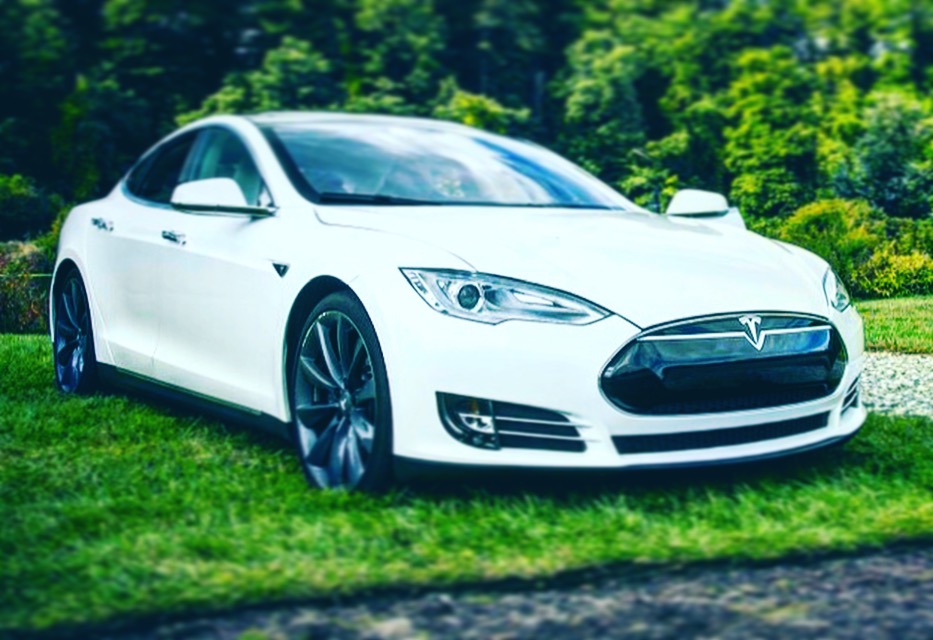Self Driving Cars – For the past three to four decades, humans have constantly imagined a future of autonomous flying cars. While our automobiles are yet to take off to the skies, we have very nearly arrived to the future where self driving cars will be the norm. As we had our first well-publicized fatal accident involving a self-driving Volvo car, we have more questions about mobility staring at us than ever before.
One of the first questions that pops in our minds with respect to the recent accident is that who is to be blamed for this? Is it the driver or is it the AI that ran the vehicle? While a lot of articles claim that it was the woman who jumped in front of the car with her bicycle suddenly, the possibility of her life being saved had the Uber been driven by a human cannot be ignored.
Some other unanswered questions that arise are why couldn’t the autonomous car avoid contact with the pedestrian? Was it because of a failure in the sensors or with an AI? Did the human driver take the appropriate measures to avoid a crash?
In a thought experiment by TedEd, the ethical dilemma of a self driving car is explored in depth. Let us assume, you are enjoying your Sunday meal in a fully autonomous car. Suddenly some heavy goods in a truck right in front of you fall down. On the left of your car is a biker wearing a helmet and on the right is a biker without a helmet. What should your car do in such a situation? Should go ahead and bang into the truck or should it slide left and crash into the biker with the helmet? Or rather, go right and collide with the careless biker without a helmet? If we bang into the one wearing a helmet, are we punishing him for following the rules? If we collide with the one without helmet, then we are not following the principle of minimizing harm!
If the car was driven by a human, any decision made would be considered as an instant reaction and not a deliberate pre-programmed decision of an AI. If any of the persons involved in the accident is killed, should it be considered a premeditated homicide? In any case, the fate of an accident is predetermined much earlier by programmers and policy-makers. Who is to be punished in such a scenario?
This is not to say that autonomous cars don’t have any positives. They are certain to reduce human errors while driving which shall bring down the number of accidents considerably. Moreover, it reduced the unproductive hours spent driving which can be utilized for other chores sitting in your car. Also, platooning by self driving cars can reduce traffic congestion greatly, which in turn will reduce the endless hours spent travelling daily.
Thus, before moving ahead into a world full of self driving cars, we need to maneuver through some of the moral questions and answer them keeping in mind our ethics and technology!


